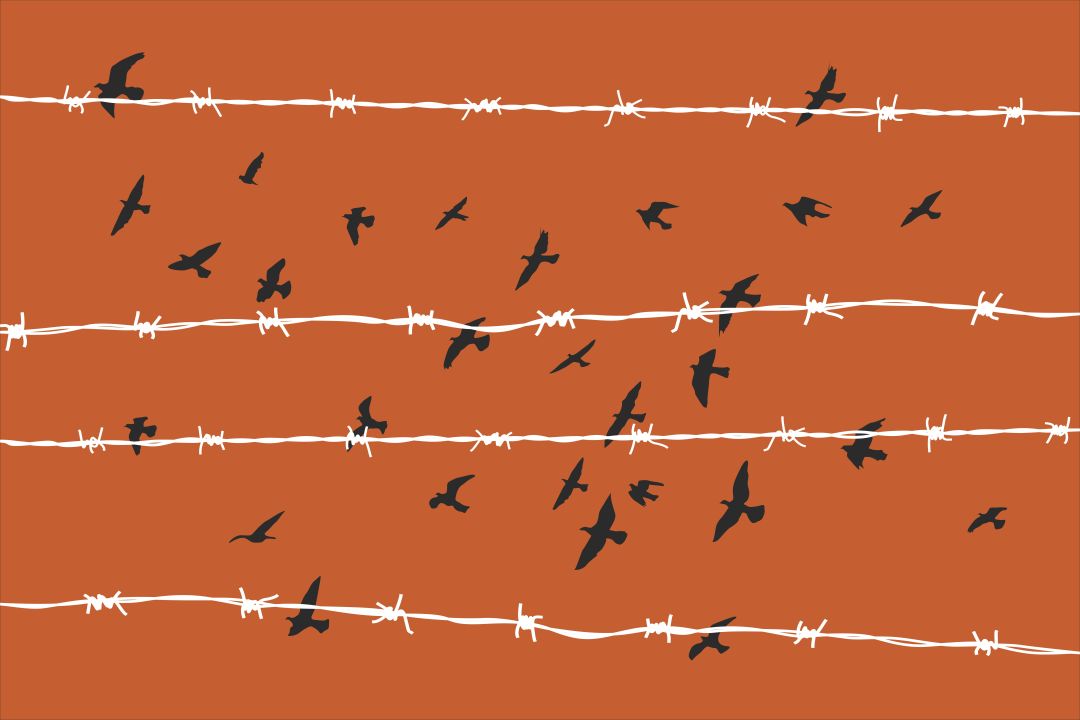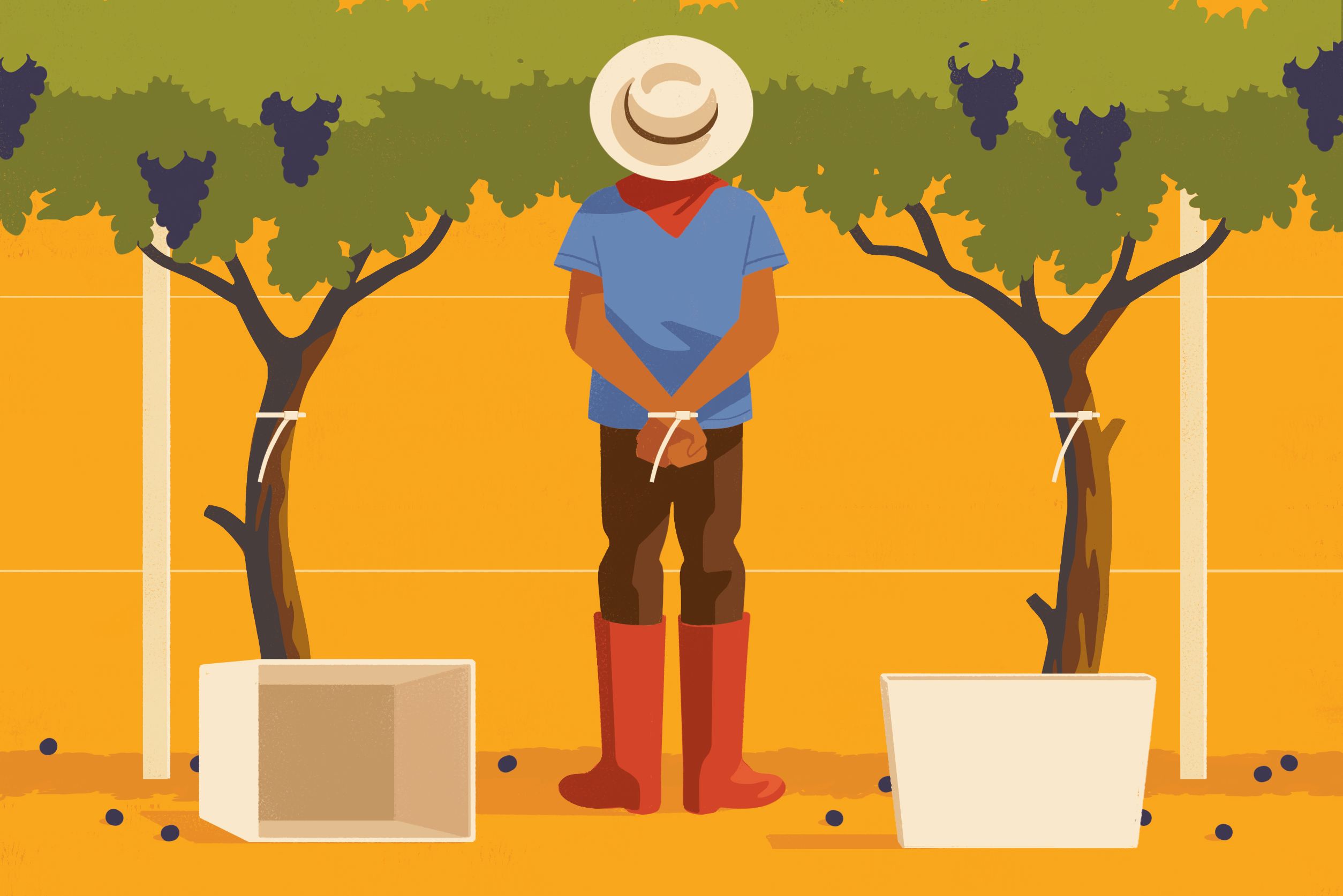Oregon's Day of Empathy Centers Women, Dignity, and Criminal Justice Reform

The Day of Empathy in Oregon event, March 2, aims to question the effectiveness of punishment, emphasize the rights of incarcerated individuals, and rethink our criminal justice system.
2020 was the year of police reform. The protests that erupted in the wake of George Floyd’s murder sparked a nation-wide push to rethink law enforcement and community policing. But 2021 could be the year of criminal justice reform. At least, that’s the hope of the organizers of the National Day of Empathy in Oregon. Jessica Katz, founding director of the Family Preservation Project, says March 2 will be the first time Oregon has participated in the national Day of Empathy event which gathers individuals directly impacted by the US criminal justice system with lawmakers and the law enforcement community in an effort to use empathy to create a more equitable system. Folks can attend the free Zoom webinar and see its panelists by RSVPing here.
Katz says prior to last year, there wasn’t as heavy a push for criminal justice reform. Now, in the wake of nation-wide protests for social justice and systemic reform, she says there’s a sense of urgency to this year’s event.
“If we don't capitalize on this moment in time where people are talking, when people are caring, then we're going to really miss this opportunity. So for me, there is a heightened sense of urgency to not miss this moment because people might stop caring when the tides change again, so I think the timing is important and especially around legislation and changing laws and policies. This seems to be the time.”
Like many 2020 events, last year’s Day of Empathy went virtual, connecting more than 40,000 people with 14 events across the US and Canada. This year’s Oregon version takes place on March 2, with panels moderated by authors Cheryl Strayed and Robin Romm. Special guests showing up throughout the event include feature documentarian Brian Lindstrom (who will screen his short film Like a Shield), Multnomah County district attorney Mike Schmidt, Rabbi Ariel Stone, and married duo author/illustrator Carson Ellis and Colin Meloy of The Decemberists.
The panels in the Oregon event will center on legislative hurdles, including Senate Bill 720, which would create a funding stream for organizations such as the Family Preservation Project, and efforts that assess how well the Oregon Department of Corrections is attending to gender specificity and trauma-informed practices. With themes such as “People/Power/Policy” and “Crime Hurts/Justice Should Heal” Katz says one of the main goals of the panel discussions is to find a “common language” on what purpose prisons serve.
Part of understanding that purpose, Katz says, is understanding who prisons are hurting. To that end, part of this year’s focus is on understanding the impact incarceration has on women, particularly mothers and their children. Katz says motherhood is at the core of everything they do at the Family Preservation Project, and that highlighting the way incarceration impacts children and families is a way to build empathy—and hopefully change.
One of the major voices inspiring that change, and one of the event's organizers, is Nova Sweet. Sweet is the Oregon ambassador for Dream Corps Justice, which hosts the national Day of Empathy, and an alumnus of the Family Preservation Project. Since spending 36 months at the Coffee Creek Correctional Facility, Oregon’s only women’s correctional facility, Sweet has become an advocate for the dignity of incarcerated women. As a single parent, Sweet approaches the carceral system from personal experience, having seen how it affected her and her family.
“We’ve got to talk about, what is our definition of a safe community? I think it needs to stop being about police making our communities safe," Sweet says. "I believe safety is around things like lots of mental health support and lots of programs for kids and enough grocery stores and enough medicine. I believe that what makes communities safe.”
The event also hopes to question the effectiveness of punishment, emphasize the rights of incarcerated individuals, and rethink our criminal justice system entirely.
“I hope that what people walk away understanding is that we are not filling prisons with people who think wrong and think like criminals or are broken necessarily, but that there are really clear systemic issues that have built this system," Katz says about their goal for the day. "I want people to walk away understanding that we built this, and we can also dismantle it, but we have to do it together.”
National Day of Empathy in Oregon
12 p.m. PST, Tuesday, March 2.




